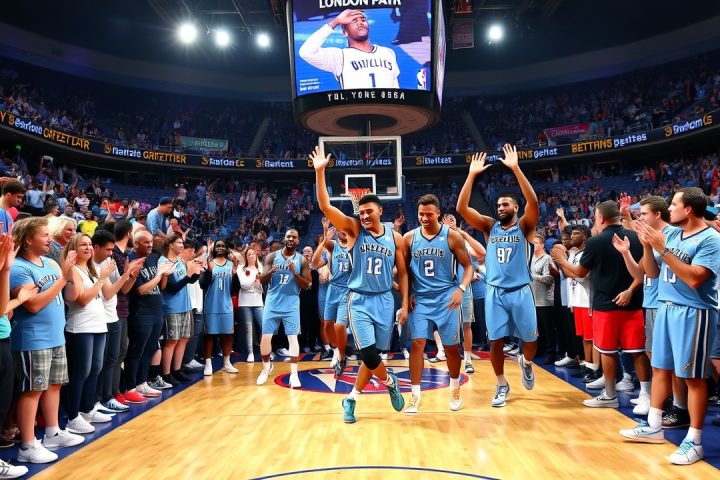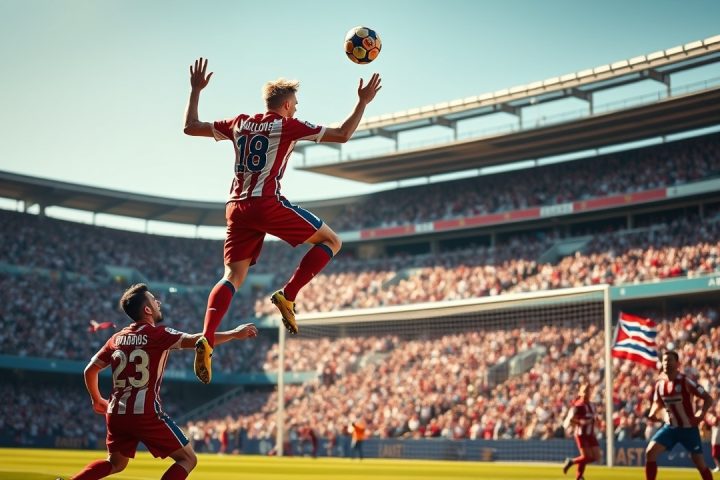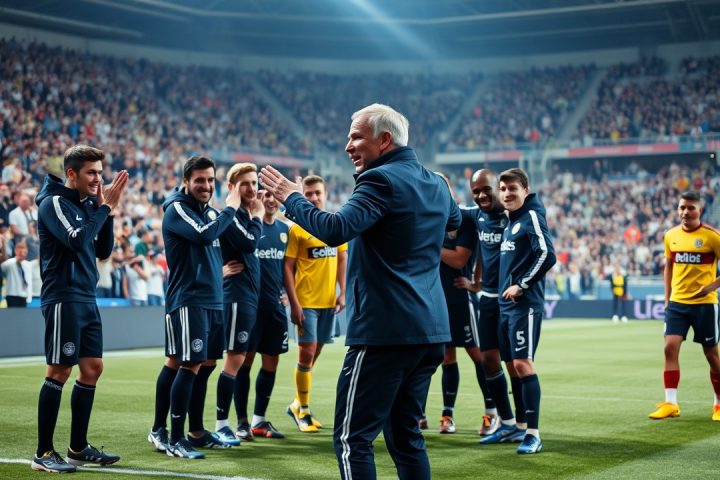Newcastle United’s Commitment to Alexander Isak
As Newcastle United gears up for an exciting season ahead, one thing is abundantly clear: star striker Alexander Isak is firmly entrenched in their plans and not on the market. Fans have every right to feel frustrated by the recent rumors suggesting that rival clubs might swoop in for their coveted No. 9. Isak, often compared to legendary striker Alan Shearer, is among the elite forwards in the global football scene.
Speculation and Contract Security
The speculation surrounding Isak’s future is a byproduct of Newcastle’s recent successes, including their qualification for the Champions League. However, despite an inquiry from Liverpool, the club is under no pressure to part ways with the talented forward, who is tied to a contract until 2028. This long-term deal means that anyone looking to acquire Isak will face an exorbitantly high asking price—estimated to be in the realm of £80 million to £200 million, depending on various factors.
Understanding Player Value
Omar Chaudhuri, the chief intelligence officer at Twenty First Group, elucidates the difference between a player’s intrinsic value and the price that clubs might pay. A player’s value is typically determined by their performance and potential in an open market, whereas the price can fluctuate based on market conditions, contract status, and the buyer’s financial capability.
In Isak’s case, his proven ability to consistently score in one of the world’s most competitive leagues enhances his value significantly.
The Importance of Replacement Players
Factors such as the performance of available replacement players also play a crucial role; in Newcastle’s case, the drop-off in quality following Isak is stark. His backups, including a 33-year-old Callum Wilson and 21-year-old William Osula, have yet to demonstrate the same level of reliability. This stark difference elevates Isak’s importance to Newcastle, particularly as he has been critical in their ambitions for European competition.
Market Dynamics and Buyer Disparity
The prospective pool of buyers further complicates this picture. The value of Isak to clubs like Arsenal, who are in need of a quality striker, is exponentially higher compared to clubs like Manchester City, who already have established players filling that role. This disparity illustrates how value and market price are inherently relative rather than fixed.
Financial Considerations
Moreover, the ongoing financial regulations in football, such as Financial Fair Play (FFP), mean that clubs must manage their expenditures carefully. Newcastle, having navigated their financial constraints this summer, have positioned themselves to command a hefty fee for Isak. Previous speculation during challenging financial periods led to players leaving for less than their market value, but now, Newcastle’s financial situation allows them greater leeway to set a high asking price without the urgency to sell.
Isak’s Market Position
With Isak’s ability to score and contribute at the highest level, he is currently viewed as one of the leading strikers available in the market. Scouts and experts rate him highly, placing him among the top contenders after heavyweights like Erling Haaland and Kylian Mbappe.
Conclusion: The Balancing Act of Value
If Newcastle were to sell Isak, the bidding could escalate quickly, especially if multiple clubs join the fray with serious intentions, reminiscent of the recent bidding wars for Declan Rice. The dynamics of competition, combined with Isak’s status and Newcastle’s unwillingness to sell, may push his market value into the stratosphere.
Ultimately, determining Alexander Isak’s actual worth is a delicate balancing act, contingent on Newcastle’s aspirations and the financial capabilities of potential buyers. For now, the reality is that his value reflects Newcastle’s ambitions, and the final price will be whatever the club decides he is worth in today’s volatile transfer market.




